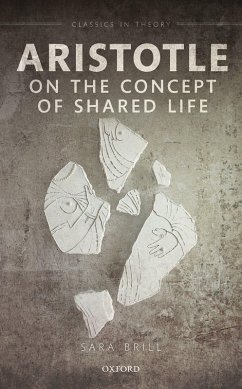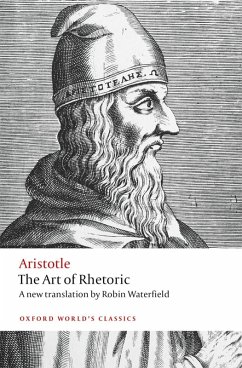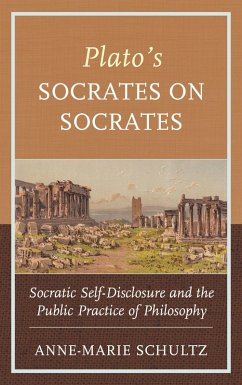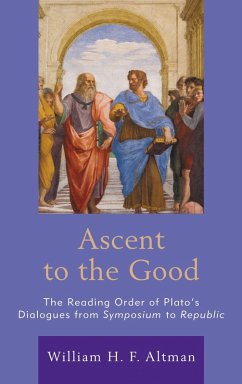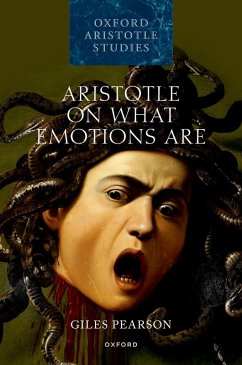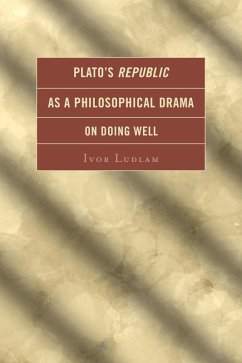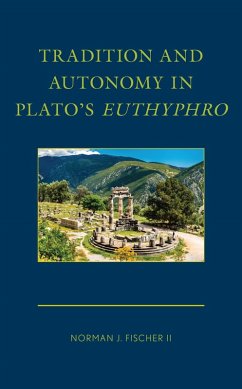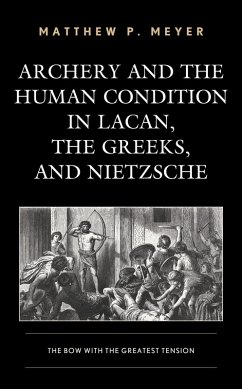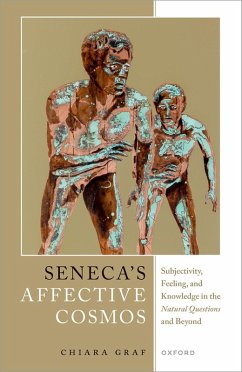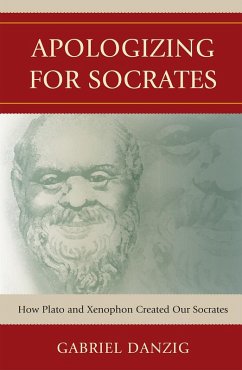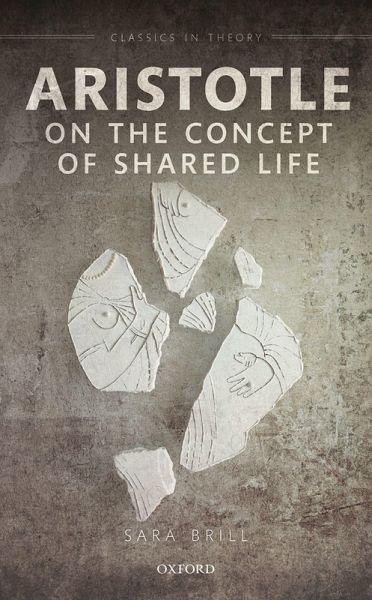
Aristotle on the Concept of Shared Life (eBook, ePUB)
Versandkostenfrei!
Sofort per Download lieferbar
49,95 €
inkl. MwSt.
Weitere Ausgaben:

PAYBACK Punkte
25 °P sammeln!
According to the terms of Aristotle's Politics, to be alive is to instantiate a form of rule. In the growth of plants, the perceptual capacities and movement of animals, and the impulse that motivates thinking, speaking, and deliberating Aristotle sees the working of a powerful generative force come to expression in an array of forms of life, and it is in these, if anywhere, that one could find the resources needed for a philosophic account of the nature of life as such. Aristotle on the Concept of Shared Life explores this intertwining of power and life in Aristotle's thought, and argues that...
According to the terms of Aristotle's Politics, to be alive is to instantiate a form of rule. In the growth of plants, the perceptual capacities and movement of animals, and the impulse that motivates thinking, speaking, and deliberating Aristotle sees the working of a powerful generative force come to expression in an array of forms of life, and it is in these, if anywhere, that one could find the resources needed for a philosophic account of the nature of life as such. Aristotle on the Concept of Shared Life explores this intertwining of power and life in Aristotle's thought, and argues that Aristotle locates the foundation of human political life in the capacity to share one's most vital activities with others. A comprehensive study of the relationality which shared life reveals tells us something essential about Aristotle's approach to human political phenomena; namely, that they arise as forms of intimacy whose political character can only be seen when viewed in the context of Aristotle's larger inquiries into animal life, where they emerge not as categorically distinct from animal sociality, but as intensifications of it. Tracing the human capacity to share life thus illuminates the interrelation between the zoological, ethical, and political lenses through which Aristotle pursues his investigation of the polis. In following this connection, this volume also examines - and critically evaluates - the reception of Aristotle's political thought in some of the most influential concepts of contemporary critical theory.
Dieser Download kann aus rechtlichen Gründen nur mit Rechnungsadresse in A, B, BG, CY, CZ, D, DK, EW, E, FIN, F, GR, HR, H, IRL, I, LT, L, LR, M, NL, PL, P, R, S, SLO, SK ausgeliefert werden.




